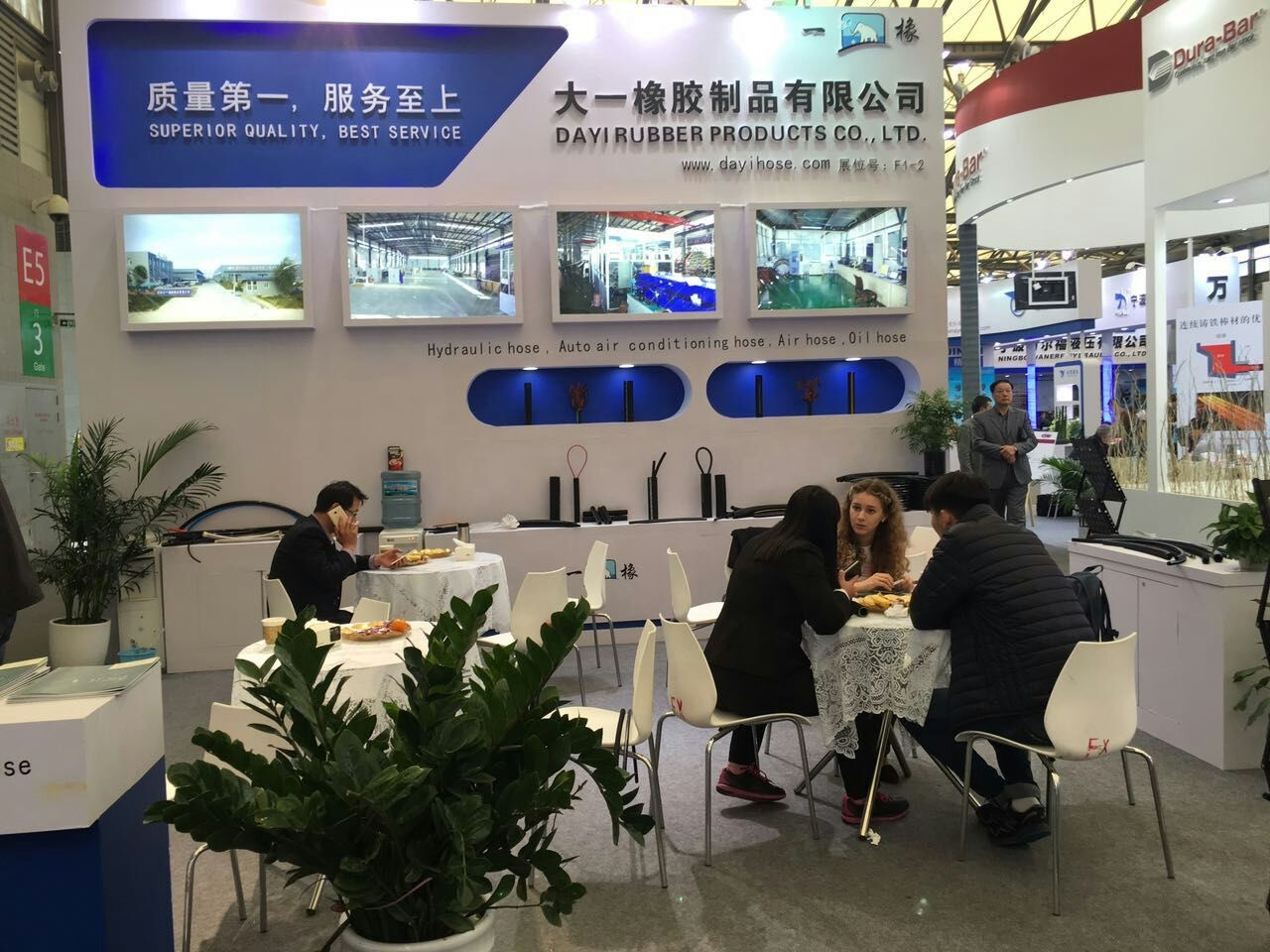335345435
Dec . 05, 2024 13:56 Back to list
Exploring the Importance of Gasoline Pump Hoses in Fuel Supply Systems
The Unsung Hero of Fueling Gasoline Pump Hoses
Every time we drive into a gas station, fill up our tanks, and watch the numbers climb, we may rarely consider the intricate machinery at work beneath our fingers. Among the vital components that ensure this process runs smoothly is the gasoline pump hose, a crucial piece of equipment that often goes unnoticed. This article explores the importance, design, maintenance, and innovations surrounding gasoline pump hoses.
Understanding the Role of Gasoline Pump Hoses
Gasoline pump hoses are specially designed tubes that transport fuel from the storage tanks to the dispensers, allowing customers to refuel their vehicles efficiently. These hoses must withstand various challenges, including pressure, temperature fluctuations, and the corrosive nature of gasoline. Consequently, they are engineered from durable materials that provide insulation against the harmful effects of gasoline while also ensuring safety during the dispensing process.
The primary function of a gasoline pump hose is to deliver fuel to vehicles without spills or leaks. Modern hoses typically feature a flexible design, allowing them to bend easily while maintaining a strong connection with both the fuel dispenser and the vehicle’s filler neck. This flexibility is crucial for maneuvering around different vehicle designs and heights, making the refueling process convenient for users.
Design and Safety Standards
The manufacturing of gasoline pump hoses adheres to strict safety standards that ensure both reliability and durability. Common materials used in the construction of these hoses include rubber and synthetic polymers, which are resistant to the penetrating properties of gasoline and other chemicals. Additionally, these hoses are often reinforced with layers of textile or steel to enhance their strength and prevent bursting under high pressure.
Safety features are a priority in gasoline pump hose design
. These hoses are equipped with fittings and connections that prevent leaks and spills during operation. Furthermore, many hoses feature automatic shut-off systems that activate when the tank is full, reducing the chances of overfilling and spillage—a key concern given the environmental implications of gasoline spills.gasoline pump hose

Maintenance and Lifespan
Despite their robust construction, gasoline pump hoses do require regular maintenance to ensure their longevity and prevent hazardous situations. Station operators must routinely inspect hoses for signs of wear, such as cracks, abrasions, or swelling. Any visual damage could compromise the hose’s integrity, making it susceptible to leaks. Operators are also responsible for replacing hoses according to manufacturer guidelines, typically every five to seven years, to uphold safety standards.
Proper maintenance also includes keeping the dispensers clean and ensuring that fuel is free from contaminants. This helps protect the hoses from damage as dirt and debris can accumulate and affect performance. Regular inspections and adherence to safety protocols not only prolong the lifespan of the hoses but also protect the users and the environment.
Innovations in Gasoline Pump Hoses
The evolution of gasoline pump hoses hasn’t stopped with traditional designs. Recent innovations have led to the development of hoses that integrate advanced technology for enhanced safety and efficiency. For instance, some new designs feature smart technology that monitors fuel flow in real time and alerts operators to any unusual anomalies, reducing the risk of spills.
Furthermore, environmentally friendly materials are being researched and developed to replace conventional rubber and plastic, aiming to mitigate the environmental impact associated with traditional gasoline transportation. These sustainable alternatives not only help in reducing pollution but also promise improved durability and flexibility.
Conclusion
While often overlooked in the grand scheme of vehicle maintenance and refueling, gasoline pump hoses are fundamental to safe and efficient fuel dispensing. Their crucial role in transportation infrastructure cannot be overstated. From ensuring safety and convenience at the pump to embracing innovations for the future, the humble gasoline pump hose stands as an unsung hero in the world of energy delivery, embodying the engineering prowess that keeps our vehicles moving forward. As we look ahead, staying abreast of advancements and best practices in this area will remain essential for the continued progress of the fuel industry and environmental responsibility.
-
Discount Hydraulic Hose Factories | Top Quality & Discounts
NewsJul.20,2025
-
EN856 4SP Hydraulic Hose - High Pressure & Durable
NewsJul.20,2025
-
SAE 100 R17 Black Smooth Cover Hydraulic Hose
NewsMar.07,2025
-
SAE 100 R17 Black Smooth Cover Hydraulic Hose
NewsMar.07,2025
-
SAE 100 R17 Black Smooth Cover Hydraulic Hose
NewsMar.07,2025
-
SAE 100 R17 Black Smooth Cover Hydraulic Hose
NewsMar.07,2025



